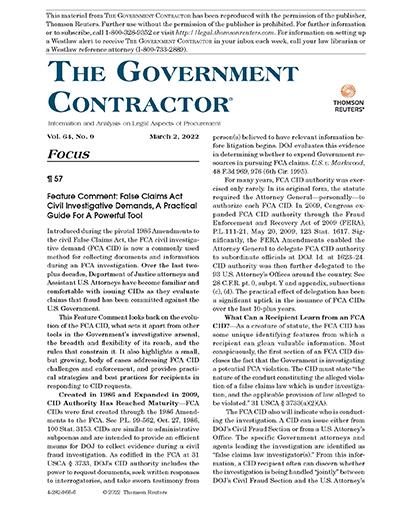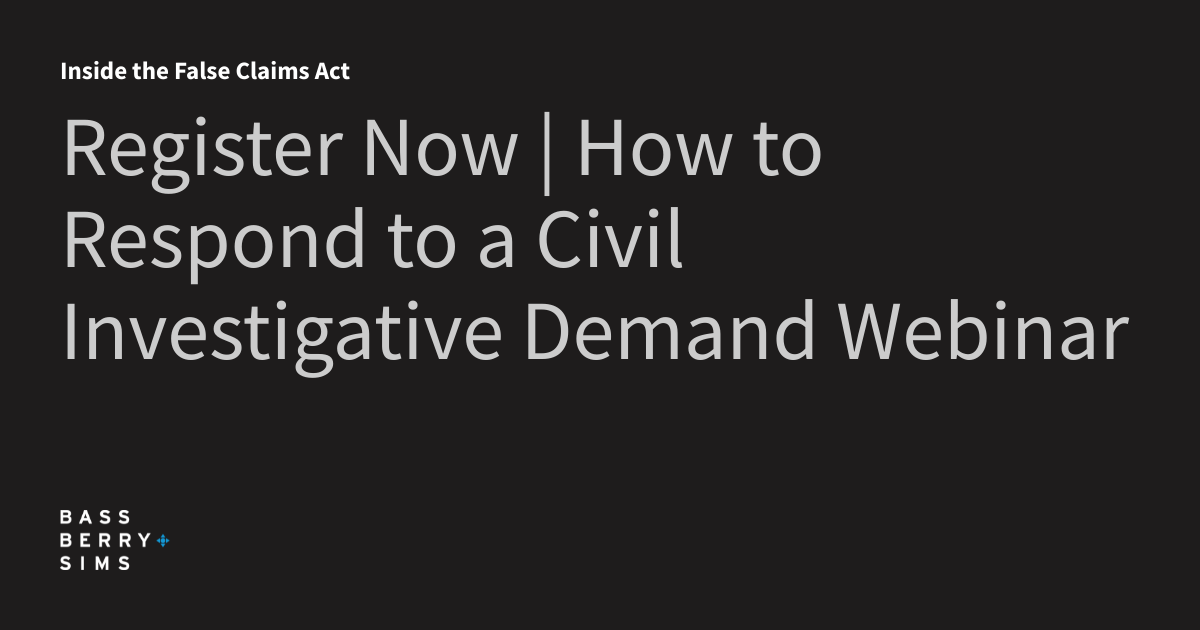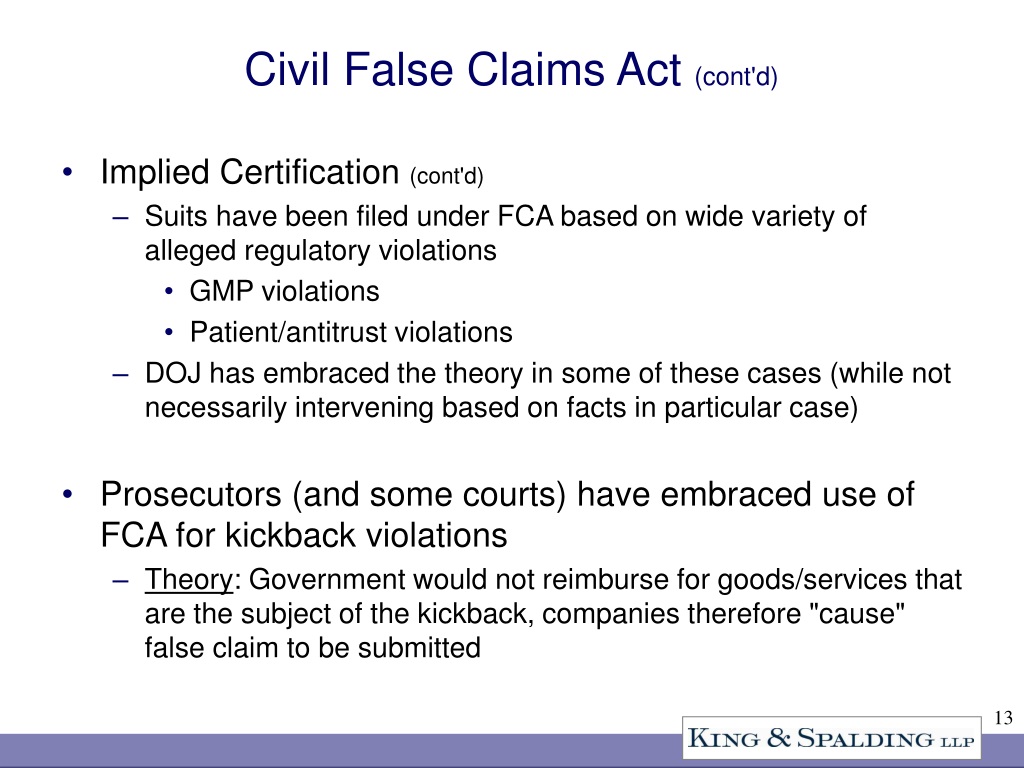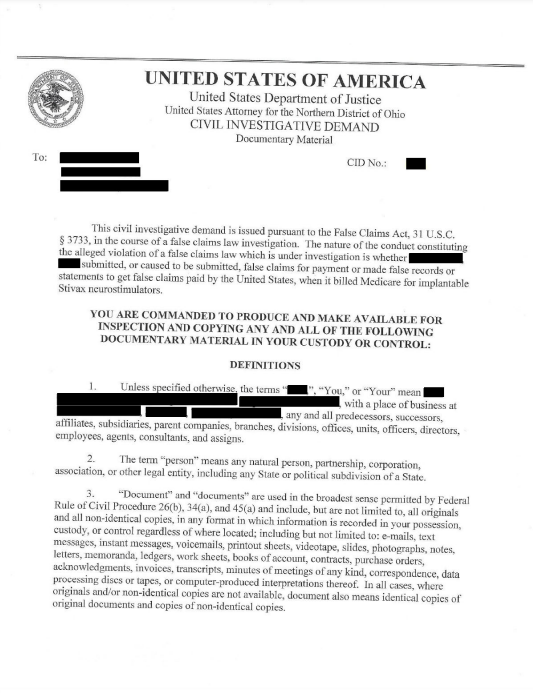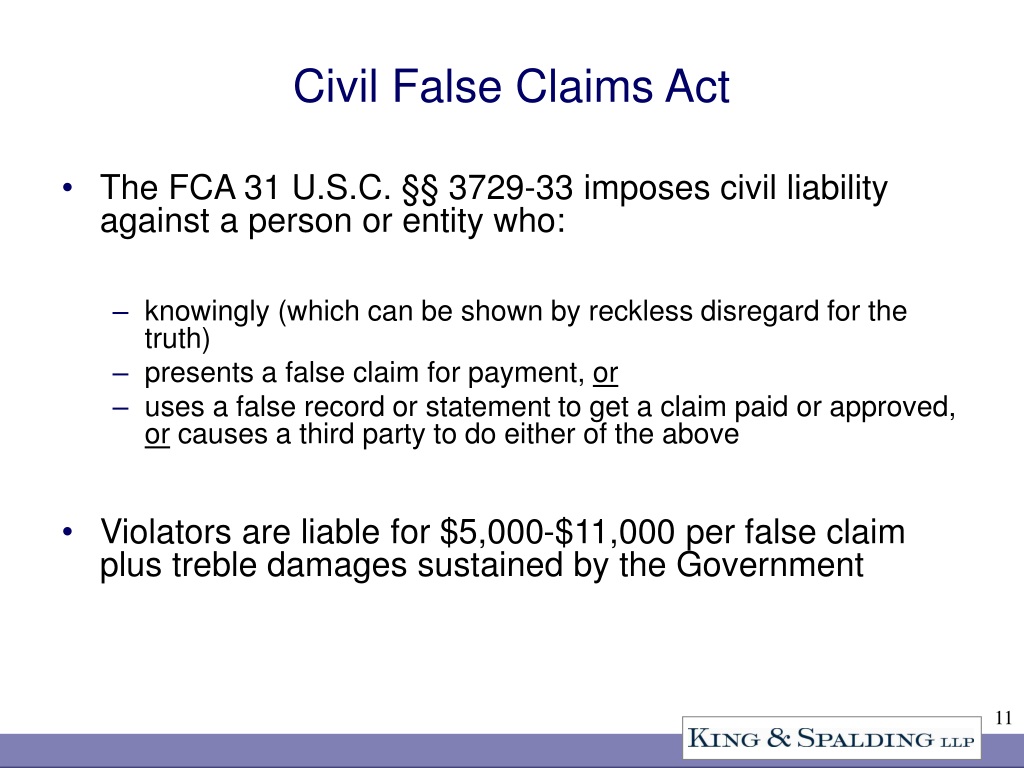Civil Investigative Demand False Claims Act
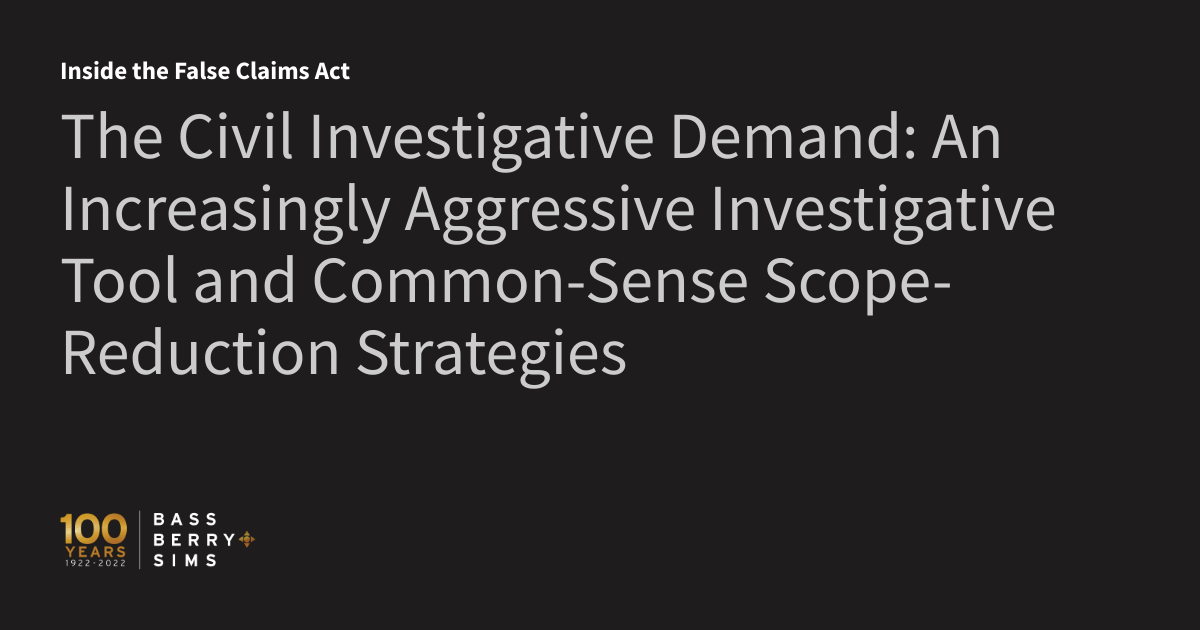
The U.S. Department of Justice (DOJ) is wielding a powerful tool in its fight against fraud: the Civil Investigative Demand (CID) under the False Claims Act (FCA). These demands, often likened to administrative subpoenas, are increasingly shaping the landscape of healthcare, defense contracting, and other industries where government funds are at stake. The outcome can be devastating for businesses caught in their crosshairs.
The use of CIDs in FCA cases has become a critical pre-litigation stage, allowing the government to gather extensive information and assess the merits of potential claims before formally filing a lawsuit. This article delves into the intricacies of CIDs, their implications for businesses, and the evolving legal strategies surrounding their use.
Understanding the Civil Investigative Demand
A Civil Investigative Demand is an administrative subpoena issued by the DOJ to individuals or entities suspected of possessing information relevant to a potential False Claims Act violation. It's a powerful investigative tool, authorized under the 31 U.S. Code § 3733, that allows the government to compel the production of documents, answer interrogatories, and provide oral testimony, all before a lawsuit is even filed.
The scope of a CID can be broad, requiring companies to dedicate significant resources to comply. Failure to adequately respond can result in court-ordered enforcement and potential sanctions.
The False Claims Act
The False Claims Act, originally enacted during the Civil War to combat fraud against the Union Army, imposes liability on individuals and companies who defraud governmental programs. It carries significant penalties, including treble damages and civil fines, making it a formidable weapon in the government's arsenal.
A key component of the FCA is its qui tam provision, which allows private individuals, known as relators or whistleblowers, to file lawsuits on behalf of the government. These whistleblowers often have inside knowledge of the alleged fraud and can receive a percentage of any recovered funds.
Impact on Businesses
Receiving a CID can be a stressful and disruptive event for any organization. The demand often requires a swift and comprehensive response, potentially diverting resources from core business operations.
Companies must carefully analyze the scope of the CID, identify relevant documents and witnesses, and develop a strategy for responding in a timely and compliant manner. Engaging experienced legal counsel is crucial to navigate this complex process.
Responding to a CID
The initial response to a CID is critical. Companies must carefully assess the legal grounds for challenging the demand, while also preparing to comply with its requests.
Negotiating the scope of the CID with the DOJ can be a valuable strategy to limit the burden of compliance. This may involve narrowing the timeframe, the subject matter, or the types of documents requested.
Producing privileged information, such as attorney-client communications, can have significant ramifications for a company's defense. Companies must implement rigorous privilege review procedures to ensure that confidential information is protected.
Legal Strategies and Challenges
Companies facing CIDs have several legal strategies available to them. These may include challenging the CID's scope, asserting privileges, or arguing that the demand is unduly burdensome.
Litigation over the enforceability of a CID is not uncommon. Courts will typically uphold a CID if it is relevant to a legitimate investigation and not unduly burdensome.
Increasingly, companies are focusing on proactively implementing compliance programs to mitigate the risk of FCA violations and reduce the likelihood of receiving a CID in the first place.
The Government's Perspective
The DOJ views CIDs as essential tools for investigating potential fraud and protecting taxpayer dollars. Government attorneys argue that CIDs allow them to efficiently gather evidence and make informed decisions about whether to pursue litigation.
The government's pursuit of FCA cases has resulted in billions of dollars in settlements and judgments, demonstrating the Act's effectiveness as a deterrent to fraud.
"The False Claims Act remains one of the most powerful tools available to the government to combat fraud against federal programs," stated a DOJ official in a recent press release.
Recent Trends and Developments
The DOJ has been increasingly active in pursuing FCA cases in various industries, including healthcare, defense, and financial services. The opioid crisis has also led to increased scrutiny of pharmaceutical companies and healthcare providers.
There is a growing emphasis on individual accountability in FCA cases. The DOJ is increasingly targeting individual executives and employees who are alleged to have been involved in fraudulent schemes.
The use of data analytics and artificial intelligence is becoming more prevalent in FCA investigations. These technologies allow the government to analyze large datasets and identify potential patterns of fraud.
Looking Ahead
The Civil Investigative Demand will continue to be a key tool in the government's fight against fraud under the False Claims Act. Companies must understand the implications of these demands and develop effective strategies for responding to them.
Proactive compliance programs, robust internal controls, and experienced legal counsel are essential for mitigating the risk of FCA violations and protecting against the potentially devastating consequences of a CID.
As the legal landscape continues to evolve, businesses must stay informed about the latest trends and developments in FCA enforcement to ensure that they remain in compliance and protect their interests. Failure to do so could mean significant financial penalties and reputational damage.
